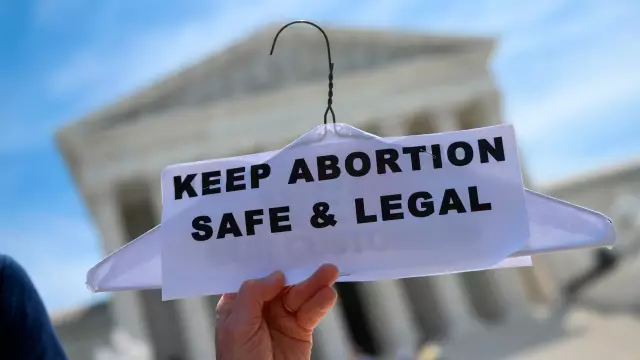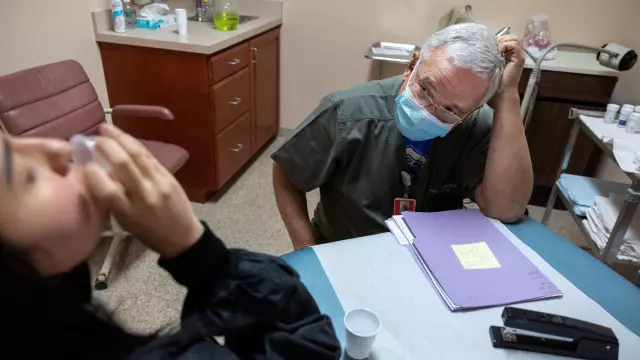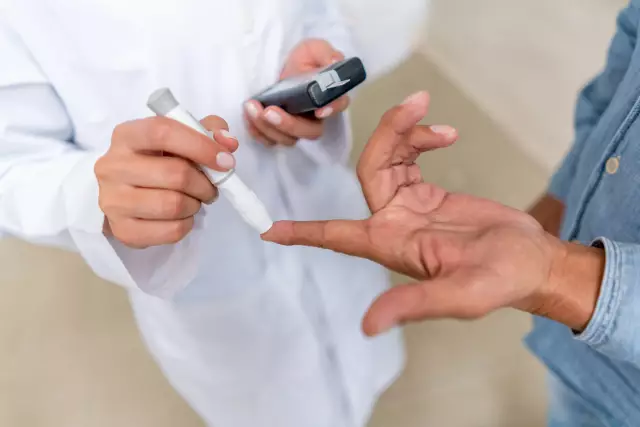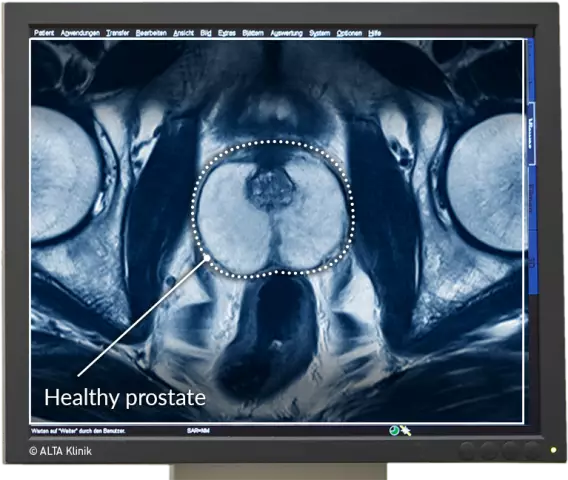- Author Rachel Wainwright wainwright@abchealthonline.com.
- Public 2023-12-15 07:39.
- Last modified 2025-11-02 20:14.
Life after abortion
The termination of pregnancy is a difficult event in the life of any woman.

The consequences of this procedure can appear after many years. Sometimes those problems come to the fore that no one at first takes seriously, that is, psychological. But life after an abortion continues, and you need to find the strength to overcome any difficulties.
What happens after an abortion
Artificial termination of pregnancy grossly disrupts the natural hormonal background and physiological processes of the female body. What happens after an abortion? Within a short time, the level of substances that secreted the corpus luteum of pregnancy or the placenta drops sharply in the blood. As a matter of urgency, the body is forced to rebuild to a new regime. All changes intended for bearing a baby and future motherhood are unnecessary in an instant. The central endocrine glands of the pituitary and hypothalamus should return to the natural rhythm of secretion that was before pregnancy. The function of all peripheral organs is also being rebuilt in a new way. The unpleasant symptoms after an abortion are partly due to these too abrupt changes.
Artificial termination of pregnancy is always associated with bleeding and the risk of complications. A surgical abortion can also be complicated by an injury to the cervix. What happens after an abortion? The volume of circulating blood is restored due to the reserves of body fluid and drinking, but the level of hemoglobin can remain low for a long time with insufficient iron intake. In such a situation, part of the symptoms after an abortion is associated with anemia. A woman may be bothered by severe weakness, lethargy, shortness of breath, heart palpitations, hair loss.
Inflammation often makes life difficult after an abortion. Any artificial termination of pregnancy can provoke an infectious process in the small pelvis. The manifestations of such consequences are pain, menstrual irregularities, infertility, discharge from the genital tract. To prevent inflammation, it is recommended to observe personal hygiene and abstain from sexual activity for 30 days.
Certain signs after an abortion are associated with the psychological state of the woman. Sometimes severe depression develops, thoughts of suicide appear. A woman is experiencing an artificial termination of pregnancy as an acute trauma, she can withdraw into herself. Relations with a man in a couple are very often broken. The most difficult psychological condition is in women who had an abortion under pressure from a partner or parents, other relatives.
Sexual life after abortion
After the classic operative termination of pregnancy at a period of 7-12 weeks, sexual activity is prohibited for a month. Mini abortion and drug interruption do not have such strict restrictions, but 10-14 days of abstinence is also recommended. Sexual life after a late abortion is prohibited for 6-8 weeks.
After any artificial termination of pregnancy, conception is categorically contraindicated within 3-6 months. Continuous, reliable contraception is recommended for all women. Most often we are talking about combined oral contraceptives.
Sexual life after an abortion may not bring much joy for a long time. Pain, discomfort, lack of orgasm are most often associated with psychological experiences. To normalize sexual relations, treatment by specialists will be required.
Symptoms after abortion
The type of abortion affects a woman's condition. Conservative abortion is most easily tolerated for the body: vacuum aspiration or drug. Symptoms after abortion in this case will be reduced to uterine bleeding within 2-3 days. Artificial termination of pregnancy with pills is accompanied by pain syndrome of varying intensity. The pain may persist for 2-3 days after the abortion. Life after an abortion at a short time quickly returns to normal. Menstrual irregularities are rarely observed. The shorter the gestational age, the less the psychological trauma. Symptoms after an abortion (classic) at a period of 7-12 weeks are more pronounced. The bleeding lasts several days longer and is more profuse. Abdominal pain is not normal, but some discomfort persists for over a week. The menstrual cycle should return within 4-6 weeks. If this does not happen, then an examination by a gynecologist is necessary.

Life after an abortion at a later date is gradually returning to normal. The reason for the artificial interruption is most often medical indications, which means that the loss of the desired baby is perceived especially acutely. Symptoms after an abortion lasting from 12 weeks persist for up to 3 months. During the same period, the menstrual cycle should be restored. Seeing a psychologist or therapist can help women overcome guilt and regain self-confidence.
Warning signs after an abortion
Life after an abortion in any case involves visiting medical institutions for control. Discuss the appointment date with your gynecologist in advance. Explain post-abortion symptoms when visiting your doctor. The most alarming signs after an abortion: prolonged bleeding, transparent or dark discharge from the genital tract, fever, pain in the pelvic region, constipation, menstrual irregularities, episodes of loss of consciousness, insomnia, heart palpitations, severe weakness.
Found a mistake in the text? Select it and press Ctrl + Enter.






